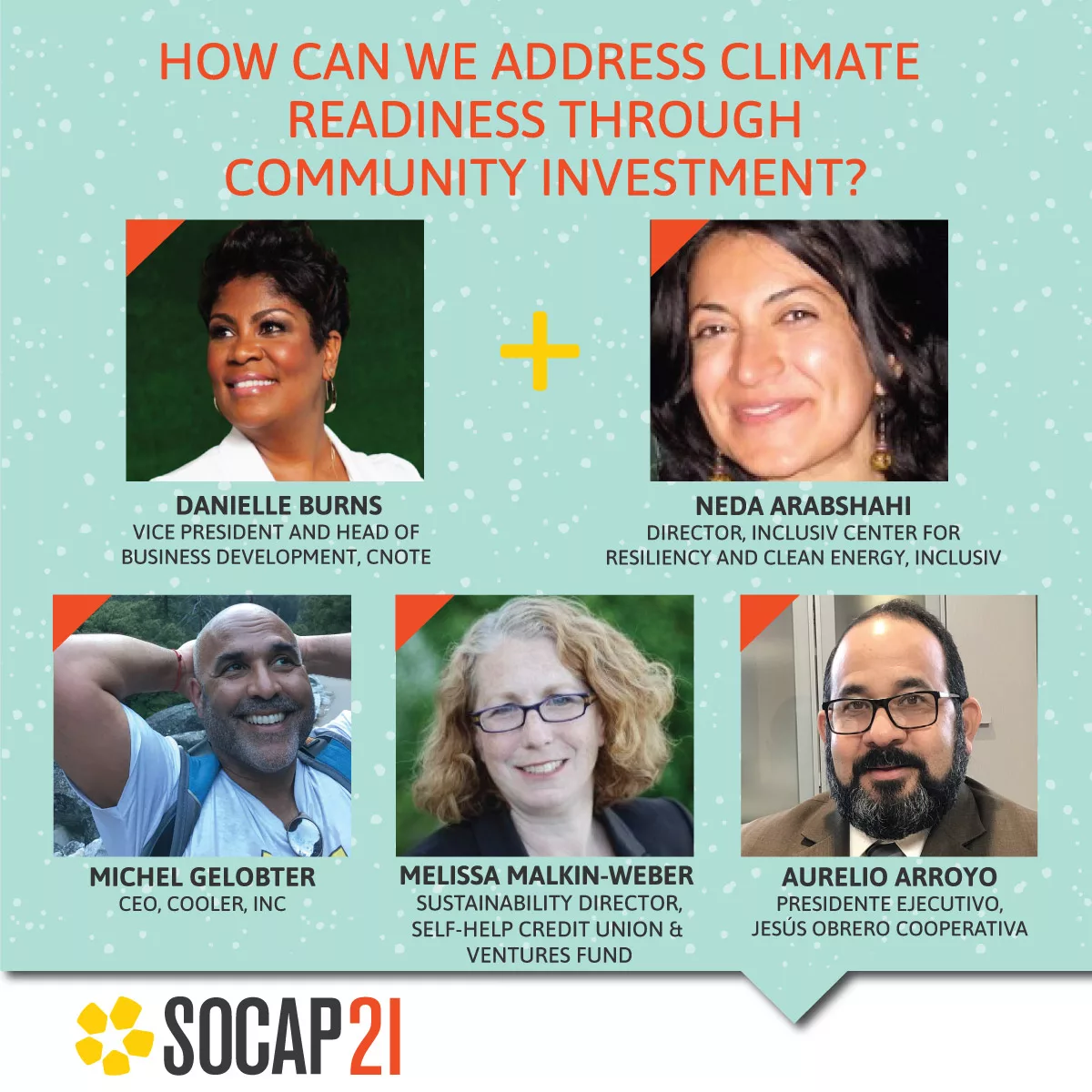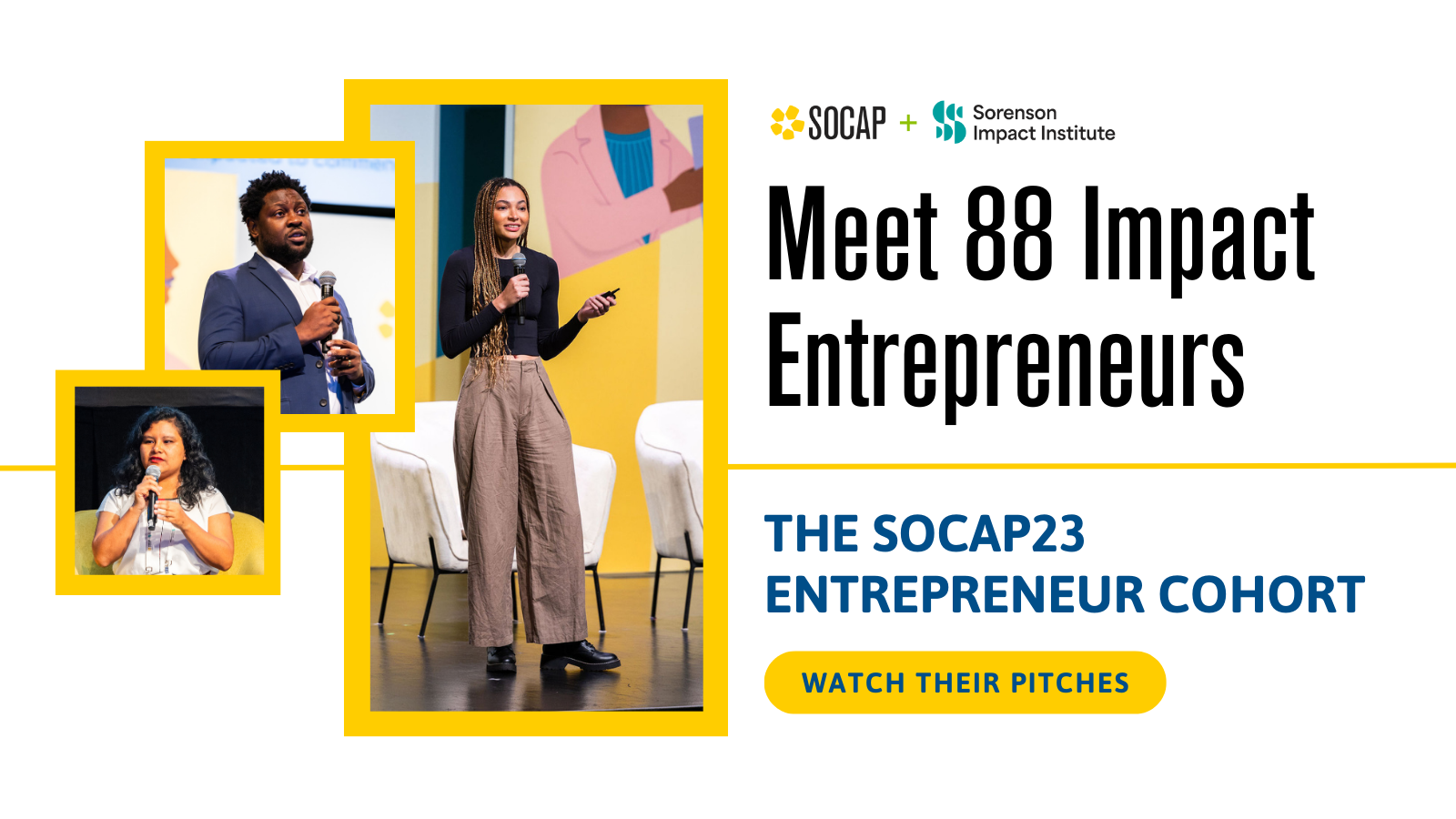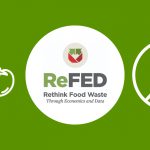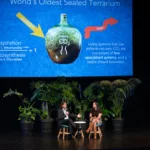From SOCAP21: How Can We Address Climate Readiness Through Community Investment?
In communities around the world, the effects of climate change fall heaviest on some of the most vulnerable populations: People of Color, low- to middle-income people, women, children, and the elderly. As initiatives accelerate to address these social and environmental challenges simultaneously, many financial leaders have yet to see the link between climate change investment and community development.
The SOCAP21 session, “How Can We Address Climate Readiness Through Community Investment?” put a spotlight on the urgent need for climate change investment, especially in traditionally underserved communities, and highlighted several innovative projects funded through community investment.
Moderator Danielle Burns of CNote launched the session by noting that urban areas primarily home to lower-income people or Communities of Color can be 5 to 20 degrees hotter than nearby predominantly white neighborhoods. Environmental experts use the term “sacrifice zones” to describe these areas that are often near chemical treatment plants, highways, or other heavy polluters, she said, and their existence reinforces the need to share more broadly how community climate change investments can help tackle the climate crisis.
While there’s no denying that the costs of adapting to climate change are staggering, Michel Gelobter of Cooler, Inc. said it’s important for investors to view the problems as an opportunity and to incorporate a longer-term lens on returns for this crucial work.
“If we start investing now in resilience, if we start investing now in where we know the ball is going — the fact that there will be more hurricanes, the fact that our transit systems will be more vulnerable, that certain types of housing like basement apartments will be more vulnerable — it’s possible to convert every city … into places that have adapted and are resilient to what’s coming and what will be,” he said. “And that those can even be sources of strength and growth for communities.”
At Self-Help Credit Union Ventures Fund, Melissa Malkin-Weber says its investment portfolio of sustainable development-oriented projects includes a focus on clean energy, ecotourism, land conservation, affordable homes, and green buildings.
Through the years, the credit union has learned that the numbers “won’t always pencil,” she said. “There’s also often going to be a need for subsidy, because there’s no price on carbon. Currently pollution is free. If we’re going to build a project that has a lower carbon footprint, you might need a subsidy. … That’s important for investors to grapple with.”
Neda Arabshahi, Director of Inclusiv, said the credit union and CDFI launched the Inclusiv Center for Resilient and Clean Energy after seeing its members and communities begin to be hit hard by the effects of climate change.
“The average energy burden for low-income households is three times higher than for high-income households,” Arabshahi said. “We know that this disproportionate energy burden is hitting our most vulnerable communities. We also know that credit unions have a history of supporting those same communities. They tend to have deep community relationships.”
Building on those relationships, Inclusiv is helping its members access financing for clean energy projects that will reduce their utility costs and create more resilient communities that are better able to weather the impacts of climate change.
Those impacts already are evident in Puerto Rico, where financial institutions known as cooperativas are playing a key role in helping customers recover from two major hurricanes in 2017 that damaged more than 60% of homes on the island. Aurelio Arroyo of Jesús Obrero Cooperativa said cooperativas serve a third of the population and are helping residents rebuild with a focus on solar financing and affordable housing.
Amid layers of challenges in Puerto Rico — economic recession, population loss, infrastructure degradation, weak electrical infrastructure — cooperativas are building membership and assets as they help residents improve their quality of life while building homes designed to be more resilient. It’s a market that private banks in Puerto Rico aren’t interested in serving, he said, but “we aren’t going anywhere.”
Watch ‘How Can We Address Climate Readiness Through Community Investment?‘

Watch this video on YouTube
Speakers:
Neda Arabshahi, Director of the Inclusiv Center for Resiliency and Clean Energy, Inclusiv
Aurelio Arroyo, Executive President, Jesús Obrero Cooperativa
Michel Gelobter, Founder and Chairman, Cooler, Inc.
Melissa Malkin-Weber, Sustainability Director, Self-Help Credit Union Ventures Fund
Moderator:
Danielle Burns, Head of Business Development, CNote






